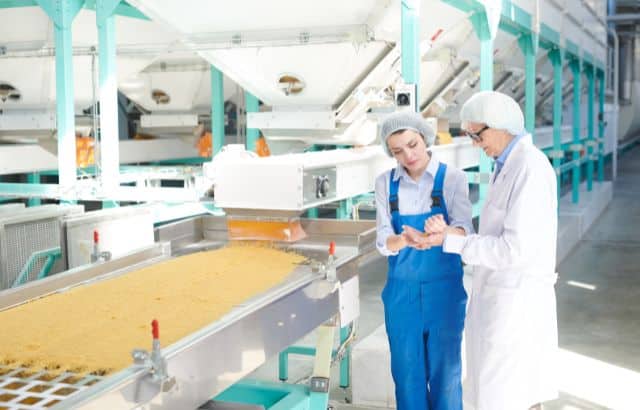Are you a culinary enthusiast, a dedicated foodie, or someone who can’t resist tuning into the Food Network for the latest cooking shows? Well, you’re not alone! The food industry is experiencing an unprecedented surge in interest from people worldwide who want to blend their passion for food with their career aspirations. In a recent conversation with the renowned Astro Strategist and Business Astrologer™, Hirav Shah, we discussed the dynamic evolution of the food industry and the exciting job prospects that lie ahead.
Hirav Shah, with his extensive experience in offering customized consultations to high-profile clients across various sectors, including business, entertainment, and corporate, both in India and abroad, shared his valuable insights. He shed light on the promising future of the food industry and the diverse range of career opportunities it offers.
Booming Employment Opportunities

Hirav Shah reveals that the employment of chefs is expected to grow by an impressive 15% by 2028, significantly faster than the average job growth rate. While this growth is certainly promising, it also means there will be fierce competition for those pursuing the traditional path of becoming a chef. Additionally, the restaurant business is notoriously challenging, with statistics showing that around 60% of restaurants fail within their first year, and approximately 80% do not survive beyond the first five years.
Unique Paths into the Food Industry

Hirav Shah emphasizes that there are alternative and innovative ways to break into the food industry that allow individuals to transform their passion into a rewarding career. If you’re looking for unique food industry jobs that can make your culinary passion your profession, here are some exciting options to consider:
- Food Tech Entrepreneur: Embrace technology and create food-related apps, delivery services, or online platforms that cater to modern consumer demands for convenience and variety.
- Food Blogger or Vlogger: If you’re a food aficionado with a penchant for storytelling, sharing your culinary adventures through blogging or vlogging can lead to opportunities for sponsorships and collaborations.
- Food Product Developer: Unleash your creativity by crafting unique food products, such as sauces, spices, or specialty snacks. You can introduce your creations to the market through local farmers’ markets or online marketplaces.
- Food Tourism Specialist: Combine your love for food and travel by offering guided food tours, culinary experiences, or cooking classes that allow travelers to savor authentic flavors from around the world.
- Food Educator: Share your culinary expertise by organizing workshops, cooking classes, and online courses to teach others your skills and knowledge.
Conclusion

The food industry is experiencing a remarkable renaissance, with a multitude of opportunities that extend beyond the traditional roles of chefs and restaurant owners. As Hirav Shah rightly points out, the future of the food industry is bright, and there’s no shortage of creative avenues to explore if you’re passionate about food. Whether you’re an aspiring food tech entrepreneur, a food blogger, a product developer, a food tourism specialist, or a food educator, the possibilities are as diverse as the flavors of the culinary world. With the right blend of passion, innovation, and dedication, you can turn your love for food into a delicious and fulfilling career.










